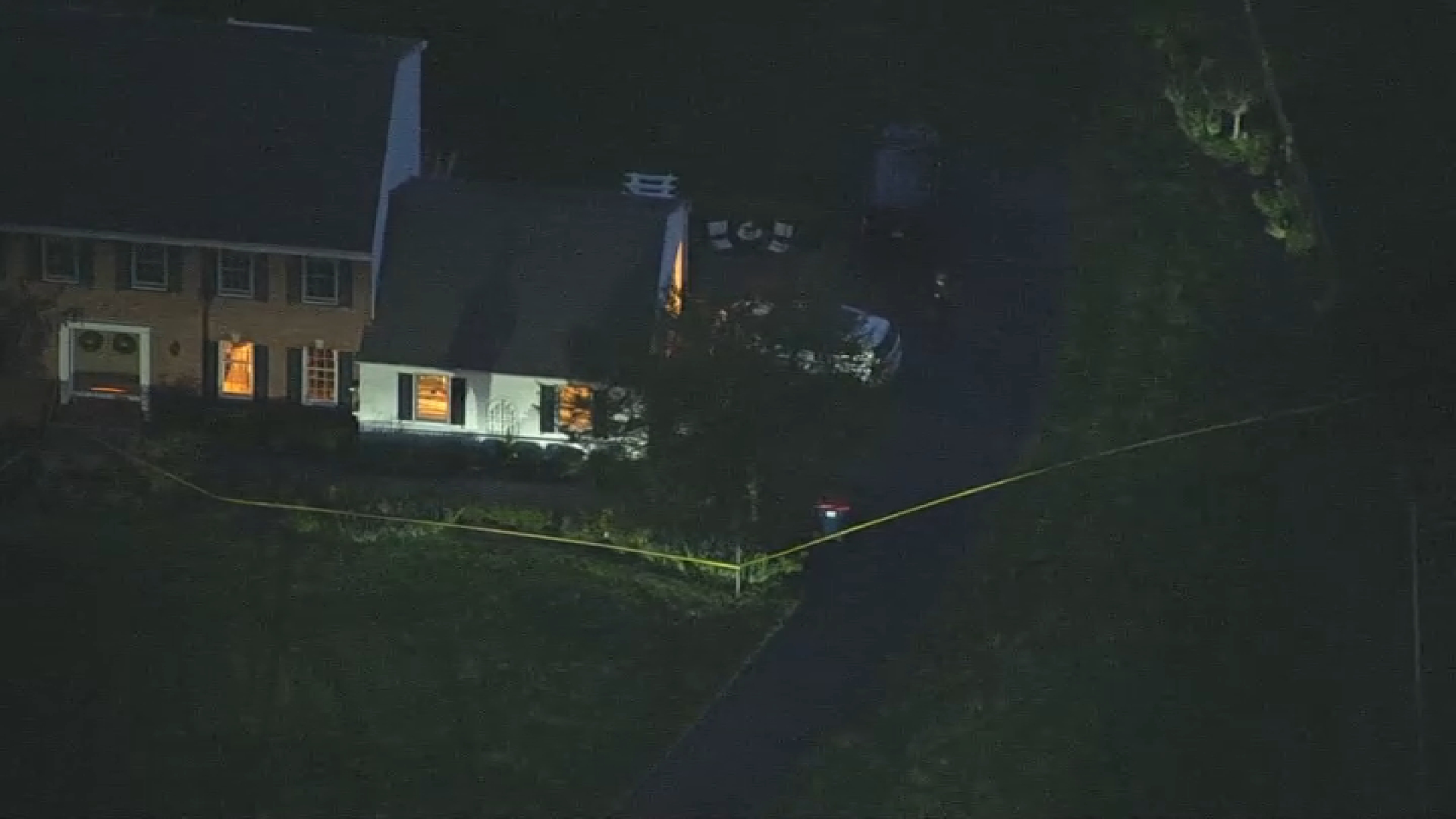A bill cracking down on liquor sales by the hundreds of "stop-n-go" corner stores throughout Philadelphia was approved 14-3 after long and heated debate Thursday in City Council.
Supporters and opponents of the legislation by Councilwoman Cindy Bass testified for more than an hour before the vote was held.
The bill would implement new regulations governing corner stores that have liquor licenses to sell single beers and shots of liquor. At the heart of the controversy is one of those regulations regarding bulletproof glass separating cashiers from customers in many of the stores. The glass may be required to be removed in stores after a three-year review by the city.
Mayor Jim Kenney will sign the bill into law, a spokesman said.
"The bill does not require the removal of plexiglass –it gives L&I three years to convene a diverse group of stakeholders to decide how the plexiglass issue is to be handled – that could mean L&I ultimately decides to leave the plexiglass as is, to remove it completely or something in between," Kenney spokesman Mike Dunn said in an email.
A coalition of store owners argued that the glass is needed protection against robbery in high-crime neighborhoods. Several store owners testified before Council against the bill because of the glass regulation.
Supporters of Bass's bill testified that the broader effects of the bill would have effects ranging from decreasing public drunkenness and clamping down on those stop-n-go's selling liquor and beer without adhering to all state liquor law regulations.
Local
Breaking news and the stories that matter to your neighborhood.
Bass has said her legislation is meant to force the stores, which are also referred to as "beer delis," to maintain certain numbers of seats for customers, have accessible restrooms and sell food, as required by state regulations.
“Often times stop-n-go establishments use loopholes to obtain restaurant-based liquor licenses. The establishments may have a restroom, but the restrooms are not accessible to customers. The establishments purport to sell food, but their food preparation areas are cold and food storage areas contain only ramen noodles or hot dogs and paper bowls,” Bass said in a statement Nov. 2 when she introduced the bill. “This legislation will close those loopholes and require businesses to either operate as respectable, standard restaurants or else stay out of our neighborhoods.”
The controversial regulation on bulletproof glass was amended since its introduction to give the city Department of Licenses and Inspections until 2021 to decide store-by-store if each business could continue to have bulletproof glass enclosures.
Prior to the vote, Bass made an impassioned plea to fellow lawmakers.
"I know what a deli is and this isn’t that. You can’t get a pastrami and rye at these establishments," she said. "They only exist in vulnerable neighborhoods. They aren’t delis. They’re illegal places to get high."
One of the "no" votes, Councilman David Oh vehemently defended store owners, many of whom believe the legislation will create a more dangerous environment inside their businesses.



